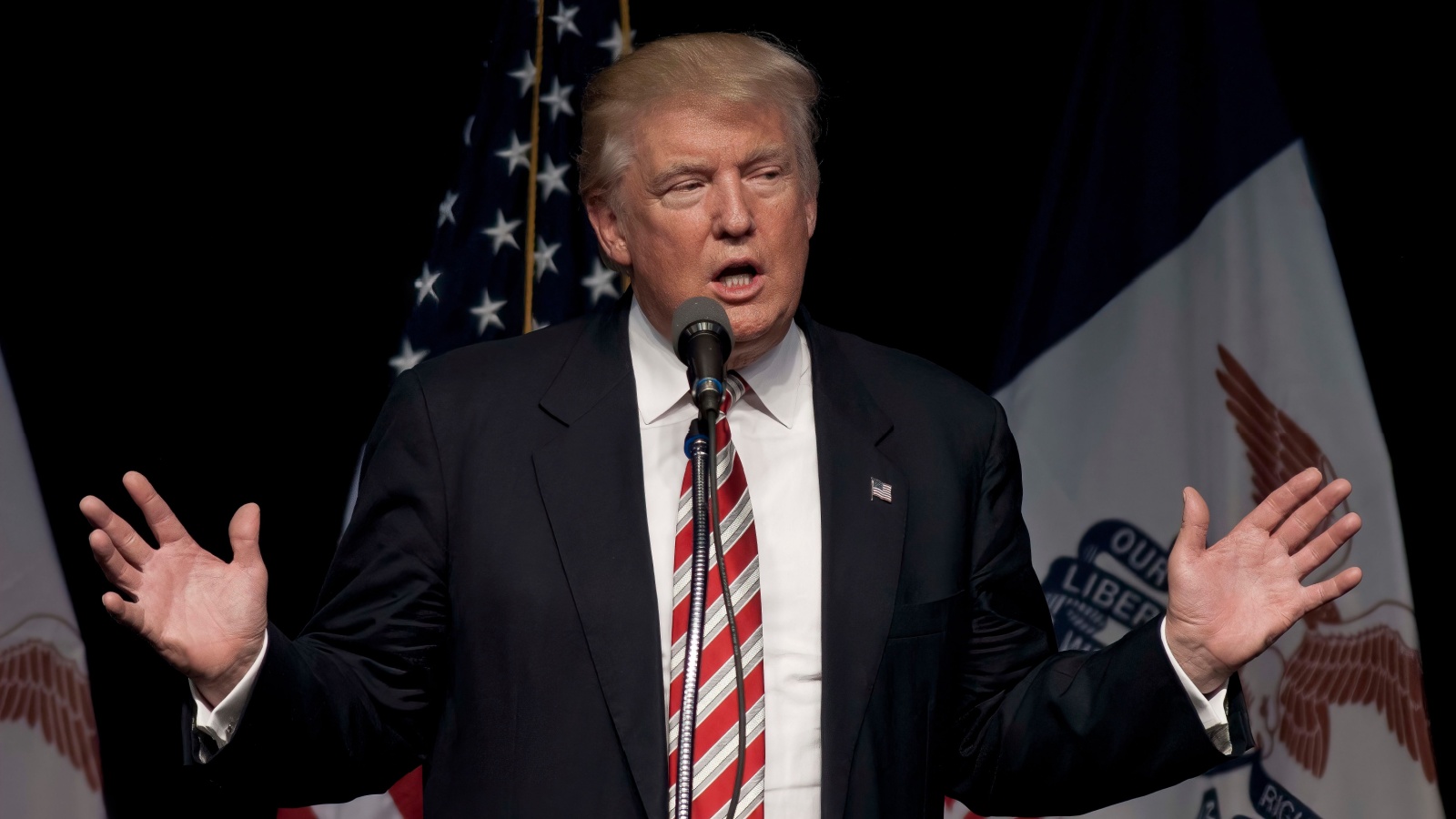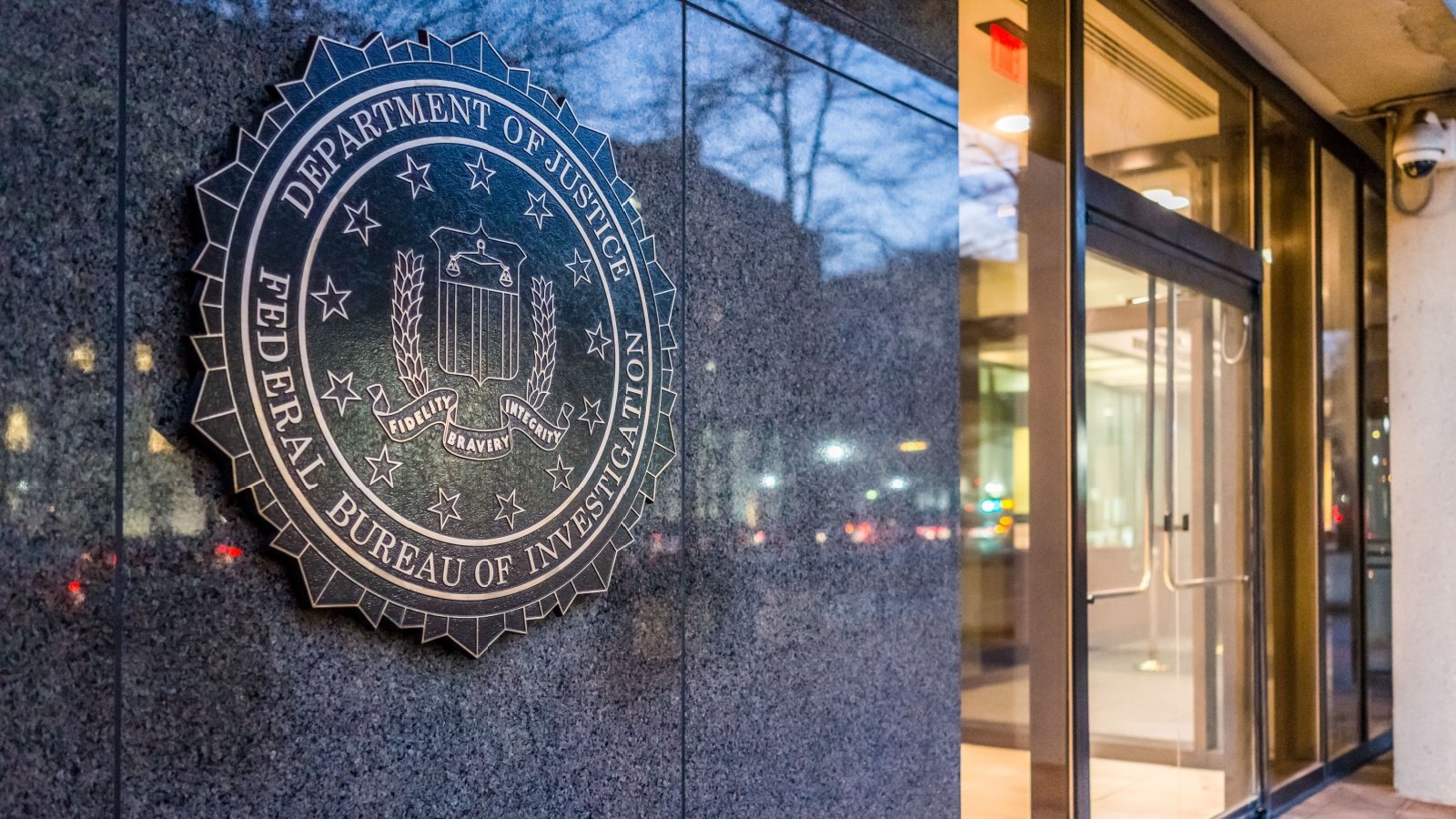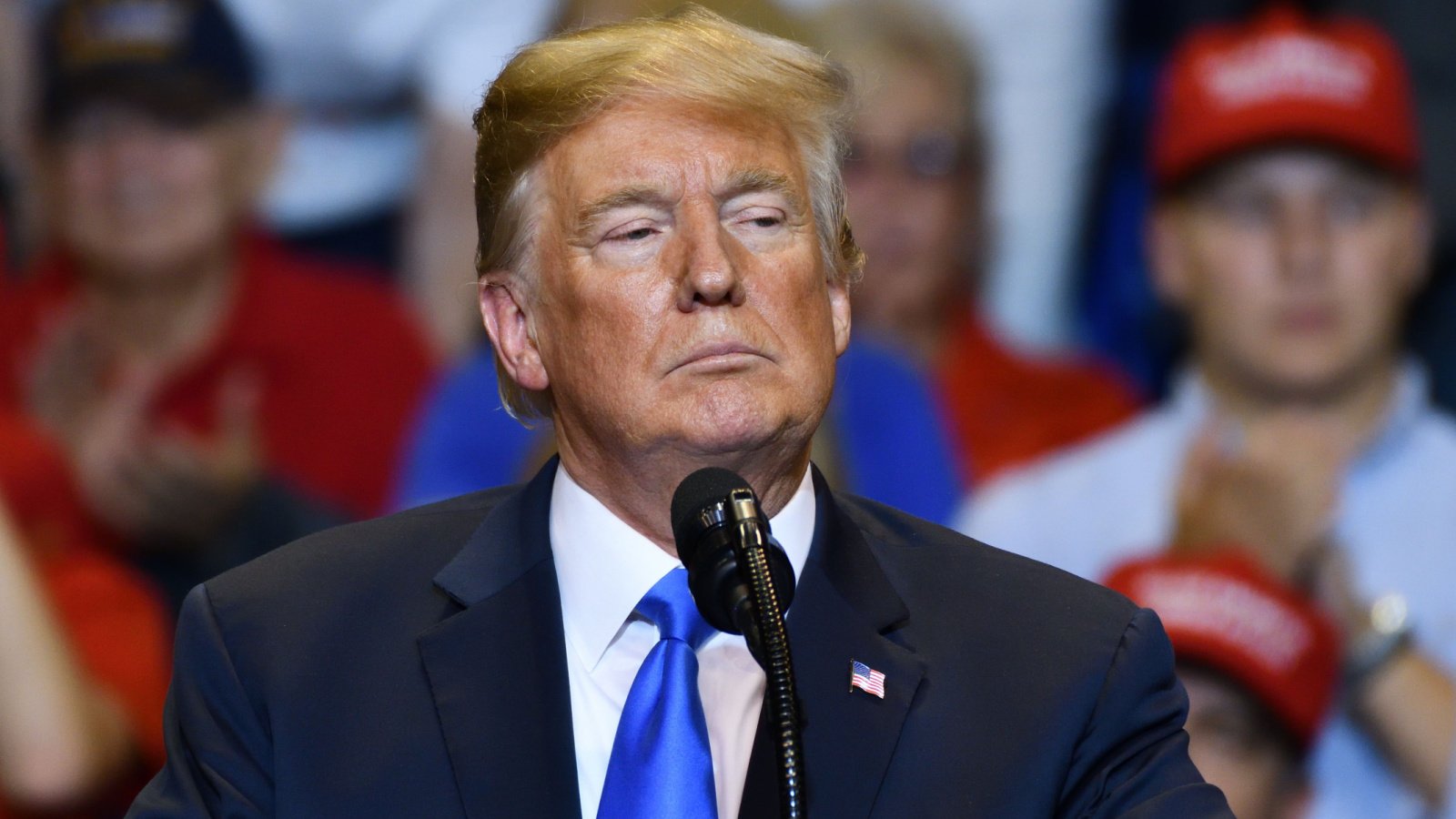In Madison, Wisconsin, the state’s Elections Commission has recently turned down a recall petition aimed at the Assembly’s top Republican leader, Robin Vos. This development followed a contentious period marked by political disagreements and external pressures from far right voters who were unhappy with Vos’s actions following the 2020 election where their preferred candidate former President Donald Trump lost the election. The recall attempt failed due to too few signatures acquired.
Origins of the Recall Movement

The recall movement stemmed from dissatisfaction among supporters of former President Donald Trump. They were particularly frustrated with Vos’s refusal to challenge the legitimacy of Joe Biden’s 2020 presidential election victory in Wisconsin.
Trump Supporters’ Grievances

Trump’s backers also disapproved of Vos’s decision not to support the impeachment of Meagan Wolfe, Wisconsin’s chief elections official. These actions, or lack thereof, have led to significant unrest among this group.
Commission’s Evaluation of the Recall Petition

On Wednesday, the Wisconsin Elections Commission’s staff recommended dismissing the recall petition due to an insufficient number of valid signatures. The commission then voted unanimously the following day to reject the petition.
Mathematical Shortcomings in Signature Collection

Republican commissioner Bob Spindell described the problem as fundamentally mathematical. According to Spindell, no matter how the signatures were evaluated, they were significantly lacking in quantity to necessitate a recall election.
Michael Gableman’s Role

Former Wisconsin Supreme Court Justice Michael Gableman represented the group pushing for the recall. Gableman, who had been previously hired and then fired by Vos for his handling of an investigation into the 2020 election, supported the recall efforts against Vos.
Allegations of Sabotage

Gableman argued that the recall effort was undermined by external influences, particularly from individuals in New York and Florida. He reported these allegations of sabotage to the FBI, claiming they affected the outcome of the recall effort.
Vos’s Response to the Recall Effort

Speaker Vos was dismissive of those organizing the recall, labeling them derogatively and questioning their competence and motives. He indicated that the lack of sufficient legitimate signatures was a clear indicator of the recall’s failure.
Vos’s Political Influence and Tenure

Vos holds significant sway in Wisconsin politics, being the longest-serving speaker in the history of the state’s Assembly. First elected in 2004, he has been a central figure in the state legislature since 2013.
Organizers Launch a Second Recall Attempt

Despite the initial setback, the organizers behind the recall have not given up. They have initiated a second recall attempt, currently in progress, although it has yet to reach the review stage by the Elections Commission.
Reflection on the Rejection

The unanimous decision by the commission to reject the recall petition reflects both the procedural deficiencies in the petition itself and the political challenges of mounting such an effort against a well-entrenched political figure.
Implications for Wisconsin Politics

This incident illustrates the intense political divisions within Wisconsin, a battleground state that continues to reflect broader national political tensions, especially concerning election integrity and leadership accountability.
Continuing Political Struggles

The ongoing efforts to recall Vos suggest that the political unrest and struggles within Wisconsin’s Republican circles are far from over. The situation remains fluid, with potential implications for future state elections.
Conclusion

The rejection of the recall petition against Speaker Robin Vos by the Wisconsin Elections Commission marks a significant moment in the state’s political narrative, underscoring the complexities of political leadership and the challenges of electoral dissent in contemporary American politics.









Diese sind sogar deutlich hochwertiger als bei der limitierten Konkurrenz.
Auch stehen euch nicht nur Spielautomaten, sondern auch klassische Casinospiele, Live-Spiele oder Jackpots zur
Verfügung. Einzahlen könnt ihr in einem Casino ohne Einsatzlimit also so viel,
wie euer finanzieller Spielraum hergibt. Ihr könnt hier zum Beispiel ohne
das monatliche Einzahlungslimit von 1.000€ an den Start gehen. Ihr umgeht das monatliche Limit, das 1€ Einsatzlimit
& die 5 Sekunden Regel welche bei Casino mit GGL Linzenz greifen. Ob Online Casino ohne Einzahlungslimit oder ohne Tischlimit,
je weniger Beschränkungen es gibt, desto freier bist Du im Spiel.
Casinos ohne Limits bieten Dir tausende von Spielen an. In dieser Tabelle haben wir die
gängigsten Zahlmethoden sowie Mindesteinzahlungen, Auszahlungslimit und die ungefähre Dauer aufgelistet.
Gute Online Casinos ohne Limit bieten viele verschiedene Zahlungsoptionen an. Dieses
schreibt unter anderem auch das Einzahlungslimit von 1.000
Euro pro Monat vor. Casinos mit deutscher Lizenz unterliegen dem Glücksspielstaatsvertrag (GlüStV),
welcher 2021 in Kraft getreten ist.
References:
https://online-spielhallen.de/my-empire-casino-bonus-code-alle-infos-fur-ihr-imperium-des-spiels/
Customizing your library or adding lots of content downloads becomes very easy with Plex.
You get live access to over 100 networks, cloud DVR with unlimited storage,
plus national and local channels with the platform.
So if watching your loved teams is what you do
on weekends, it’s probably smart to opt for Fubo.
Entertainment and news play a part, but what it does best is ensure you won’t
miss a major sports event.
“If the company goes into administration, [workers] want the support of their government to ensure the doors stay open.” “They’re not highly paid people — they’re struggling with the cost of living as everyone else is and they can’t afford to take a pay cut.” Shares in Star Entertainment
have been suspended from trading on the stock exchange after it failed to lodge its financial results.
Personalise the news and Eligible shareholders
who wished to retain their Unmarketable Parcel were required to return a Share Retention Form to the share registry by the Closing
Date. The Small Holding Sale Facility was conducted in accordance
with The Star Entertainment Group’s Constitution and the Australian Securities Exchange Listing Rules
that enables all listed companies to sell shareholdings valued at less than $500 (Unmarketable Parcel).
With the Salter deal off the table, Star said it was now focused on securing
a deal with US firm Bally’s, which was first proposed in early March.
The casino group was working to secure a refinancing
arrangement with Salter Brothers Capital, which has
now been withdrawn. Star Entertainment is once again on the brink of collapse, after a rescue deal fell through.
The casino operator is considering an offer from US gaming giant Bally’s, which wants a controlling stake in Star for $250 million It was enough to breathe some life back
into the share price, which has moved up from 10¢ to 14¢ since Wang’s
shareholding was disclosed. The company is burning through cash
at the rate of $35 million a month, which gives it about six weeks of funds left before emptying its piggy bank.
References:
https://blackcoin.co/hobarts-home-of-entertainment-the-ultimate-casino-experience/
Agents are polite, knowledgeable, and always ready
to guide new players through technical or account-related issues.
The app loads fast, supports secure payments, and allows quick logins for on-the-go
gaming. The game library on this online casino
stands out for both quality and variety. The system is transparent and based
on total deposits and gameplay frequency. New players can start
with two powerful offers that boost both bankroll and excitement.
Australian players are spoiled for choice when it comes to promotions.
Our responsive design ensures smooth gameplay whether you’re
at home or on the go. Our extensive library features hundreds of top-quality games powered by
SpinLogic Gaming, ensuring every session brings you something fresh and
exciting. Ozwin Casino has earned its reputation as Australia’s go-to online gaming destination through years of delivering superior customer
service and gaming fun.
The Ozwin support staff has been highly-trained to handle even the toughest of challenges!
Our security protocols employ industry standards like the 128 bit SSL data encryption technology, which guarantees all forms of transactions remain protected, including deposits as well as withdrawals.
As you explore and advance through the casino, you will receive
epic rewards that’ll make you grin ear-to-ear. Our gamblers have been clear about
one thing – they want the convenience that comes with being able to play from their handheld devices anywhere anytime without having any difficulties
at all.
References:
https://blackcoin.co/casino-rsm-club-in-depth-review/
online slot machines paypal
References:
mcn-kw.com
online casino paypal einzahlung
References:
dubicly.com